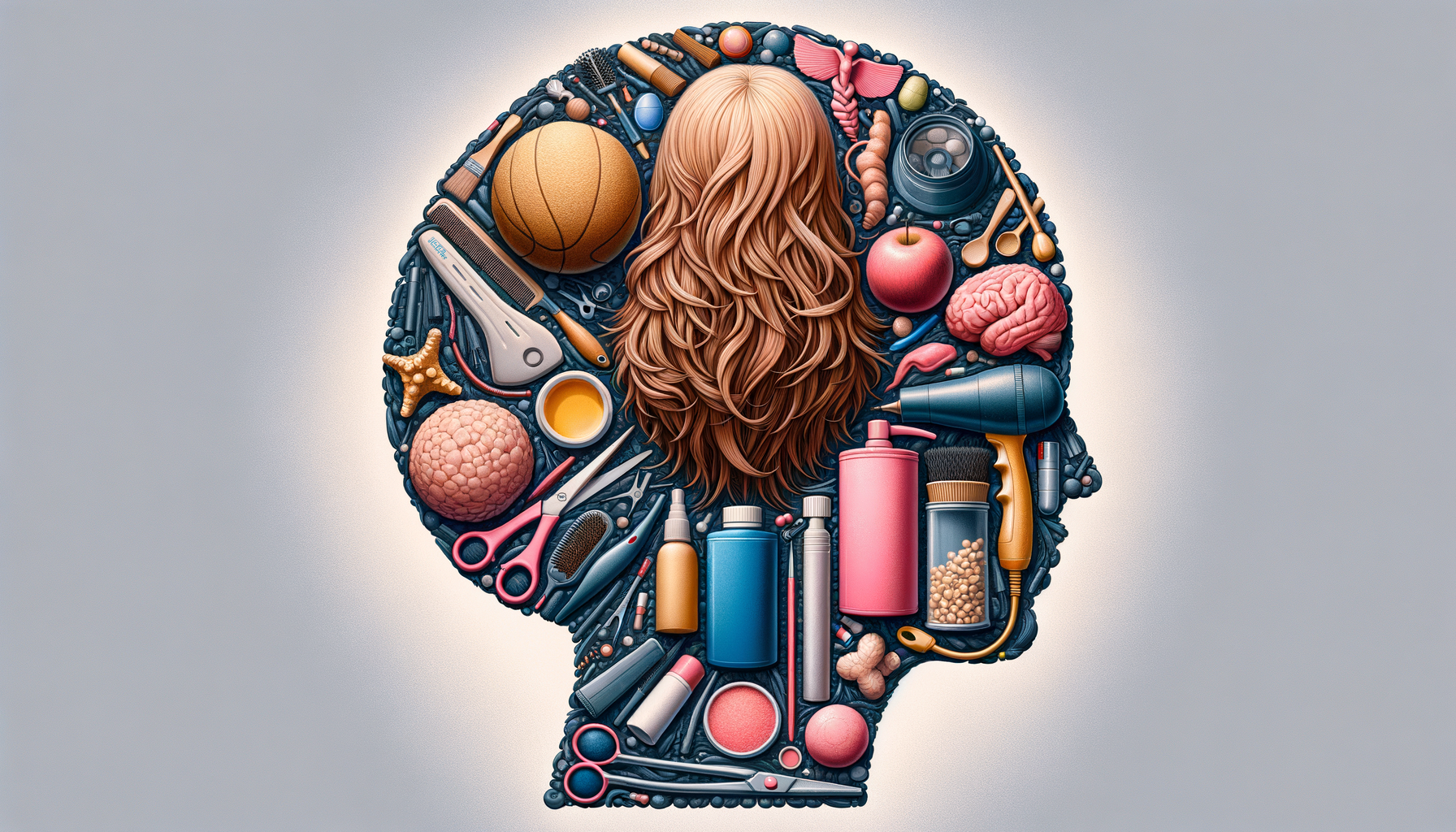
Regain Your Confidence with Hair Loss Treatment
Understanding Hair Loss: Causes and Impacts
Hair loss is a common concern that affects millions of individuals worldwide, transcending gender and age barriers. The causes of hair loss can be multifaceted, ranging from genetic predispositions to lifestyle factors. Understanding the underlying reasons for hair loss is crucial for effective treatment and management.
Genetic factors play a significant role in hair loss, with androgenetic alopecia being the most prevalent form. This hereditary condition affects both men and women, although it manifests differently. Men typically experience a receding hairline and thinning at the crown, while women may notice a general thinning across the scalp.
Beyond genetics, hormonal changes are also a major contributor to hair loss. Conditions such as pregnancy, menopause, and thyroid imbalances can disrupt the natural hair growth cycle, leading to increased shedding. Furthermore, stress, poor nutrition, and certain medications can exacerbate hair loss, making it essential to consider lifestyle adjustments as part of a comprehensive treatment plan.
The impacts of hair loss extend beyond physical appearance. Many individuals experience a decline in self-esteem and confidence, which can affect personal and professional relationships. Addressing these psychological effects is as important as treating the physical symptoms, highlighting the need for a holistic approach to hair loss treatment.
Exploring Treatment Options: From Medications to Lifestyle Changes
When it comes to treating hair loss, a variety of options are available, each with its own set of benefits and considerations. Medications such as minoxidil and finasteride are widely used and have been shown to be effective in promoting hair regrowth and slowing hair loss. However, these treatments require consistent use and may have side effects that need to be monitored.
In addition to pharmaceutical solutions, natural remedies and lifestyle changes can play a supportive role in managing hair loss. A balanced diet rich in vitamins and minerals, such as iron, zinc, and biotin, can enhance hair health. Incorporating stress-reducing practices like yoga or meditation may also improve overall well-being and reduce stress-related hair loss.
For those seeking more immediate results, hair transplant surgery offers a permanent solution by redistributing hair follicles to thinning or balding areas. While this option can be effective, it is important to consider the cost and potential risks associated with surgical procedures.
Ultimately, the choice of treatment depends on individual preferences, the severity of hair loss, and underlying health conditions. Consulting with a healthcare professional can provide personalized recommendations and ensure that the chosen treatment aligns with the individual’s needs and lifestyle.
Embracing the Journey: Psychological and Social Aspects of Hair Loss Treatment
Embarking on a hair loss treatment journey is not just about addressing the physical symptoms; it also involves navigating the psychological and social dimensions of the condition. Many individuals find themselves grappling with feelings of embarrassment or self-consciousness, which can hinder their willingness to seek help.
Support networks, whether through friends, family, or online communities, can provide invaluable encouragement and understanding. Sharing experiences with others facing similar challenges can reduce feelings of isolation and promote a sense of belonging.
Moreover, developing a positive mindset and self-image is crucial for those undergoing treatment. Embracing one’s unique appearance and focusing on personal strengths can boost confidence and resilience. Engaging in activities that nurture self-esteem, such as hobbies or volunteer work, can also provide a sense of purpose and fulfillment.
Ultimately, the journey through hair loss treatment is deeply personal and varies from one individual to another. By acknowledging and addressing both the physical and emotional aspects of hair loss, individuals can regain their confidence and embrace their journey with renewed hope and determination.
